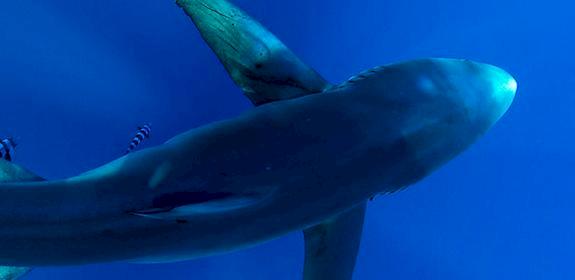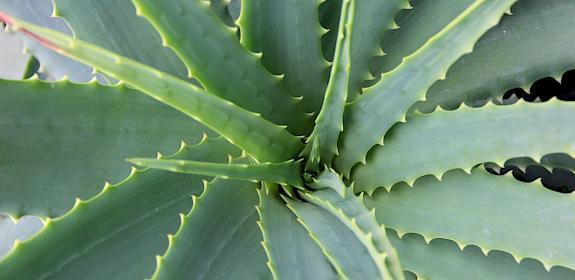Notes:
¹The geographic parameters for the Sulu-Celebes region include all waters within and transit connection to and through the Sulu-Celebes Seas, and the land surrounding the Sulu-Celebes Seas, inclusive of North and East Kalimantan, North Sulawesi, Gorontalo Province, Indonesia; Sabah, Malaysia; and western Mindanao (and its island group, the Sulu Archipelago), and western Visayas, Philippines.
²Marine turtles, pangolins and sharks and rays are focal taxa under the TRIPOD project.
Acknowledgement
TRAFFIC’s study was partially funded by the World Wide Fund for Nature (WWF), the International Fund for Animal Welfare (IFAW) and Freeland through a US Department of State - Bureau of International Narcotics and Law Enforcement Affairs project combating wildlife trafficking in the region.
About Bureau of International Narcotics and Law Enforcement Affairs (INL):

Funded by the United States Department of State Bureau of International Narcotics and Law Enforcement Affairs. The opinions, finds and conclusions stated herein are those of the authors and do not necessarily reflect those of the United States Department of State.
The mission of INL is to minimise the impact of international crime, such as money laundering and criminal gangs, and illegal drugs on the United States, its citizens, and partner nations by providing practical foreign assistance and fostering global cooperation. Visit the Bureau of International Narcotics and Law Enforcement Affairs (INL)'s website.
WWF

WWF is an independent conservation organization, with over 30 million supporters and a global network active in over 100 countries. WWF's mission is to stop the degradation of the Earth's natural environment and to build a future in which humans live in harmony with nature, by conserving the world's biological diversity, ensuring that the use of renewable natural resources is sustainable, and promoting the reduction of pollution and wasteful consumption. Visit www.panda.org/news for the latest news and media resources and follow us on Twitter @WWF_media.
About IFAW (International Fund for Animal Welfare)

The International Fund for Animal Welfare is a global non-profit helping animals and people thrive together. We are experts and everyday people, working across seas, oceans, and in more than 40 countries around the world. We rescue, rehabilitate and release animals, and we restore and protect their natural habitats. The problems we’re up against are urgent and complicated. To solve them, we match fresh thinking with bold action. We partner with local communities, governments, non-governmental organisations and businesses. Together, we pioneer new and innovative ways to help all species flourish. See how at ifaw.org.
About Freeland

Freeland is a frontline counter-trafficking organization staffed by law enforcement, development and communications specialists in Asia, Africa and the America who build capacity, raise awareness, and promote good governance to protect vulnerable people, wildlife, and ecosystems from trafficking, corruption, and neglect. Visit www.freeland.org to know more about our work.





